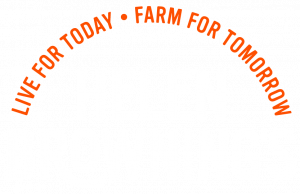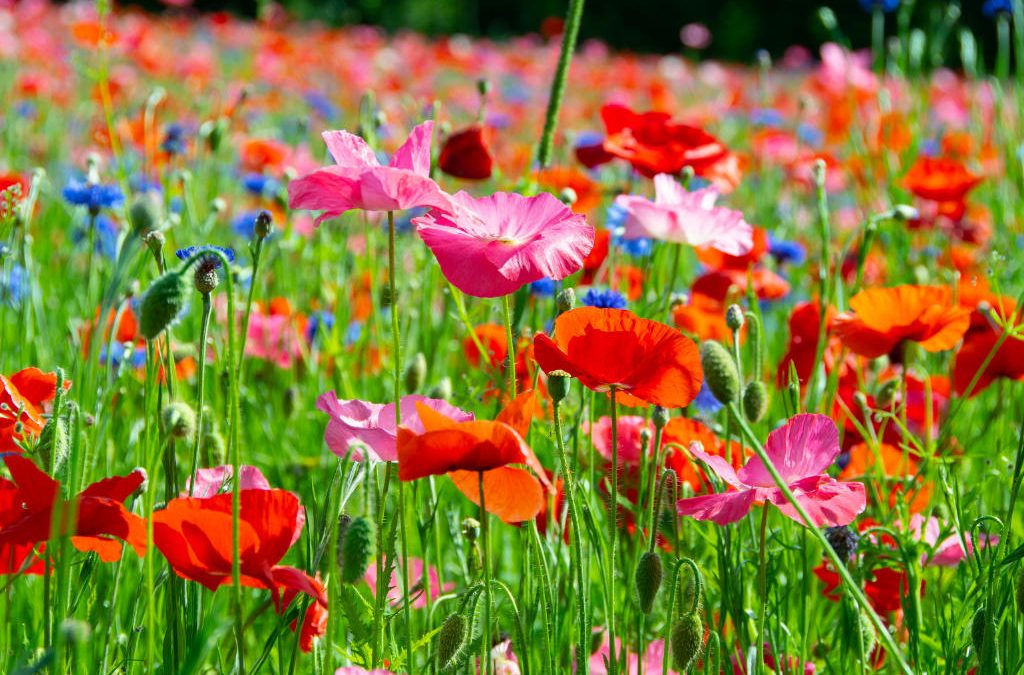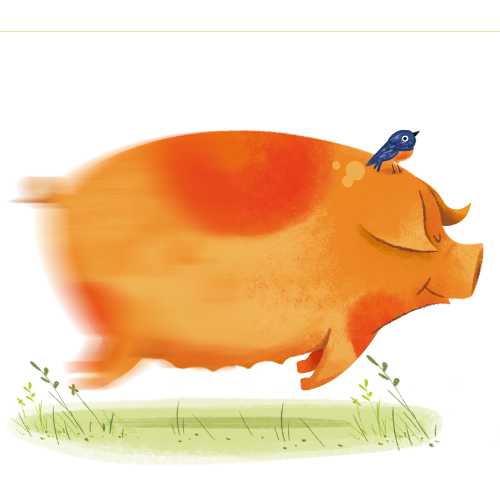June 5th marks World Environment Day, a day that highlights environmental issues all over the world to help bring together consumers and Governments to make more changes that have a positive environmental impact. This year’s theme is ecosystem restoration, shifting a significant focus on healing our planets ecosystems and allowing them to thrive.
Organic Farming and the Environment
Organic agriculture plays a significant role in the protection of the environment. From fewer pesticides to amazing agroecology, there are many different ways that organic farming methods help to protect the soils, the wildlife, and the nature around us.
Fewer Pesticides
Organic agriculture uses virtually no pesticides; Soil Association certified organic farmers are only permitted to use a very limited number of naturally derived pesticides (such as citronella and clove oil) as a last resort and under restricted circumstances.
Protecting the soil
Soil stores more carbon than the atmosphere and all of the world’s plants and forests combined, so it is a vital element in reducing global warming. Adopting nature friendly farming along with other key changes to our food system could help keep global warming in check.
Soil fertility on organic farms is encouraged through composting and crop rotation, where different crops are planted in the soils over time to avoid exhausting the soil.
Wildlife and Biodiversity
1 in 3 mouthfuls of food depends on pollinators, with a large variety of these helpful beasts – bees, butterflies, beetles, moths, ants, birds, and bats. But the health and productivity of these pollinators relies on a supportive environment. On average;
- There are 75% more wild bees on organic farms
- Plant, insect, and bird life is 75% more abundant on organic farms
- Organic farms are home to 30% more species on wildlife
Thanks to the hard work and organic practises over the last 35 years Eastbrook Farm is home to an incredible abundance of wildlife; many different types of invertebrates, birds, deer, and rabbits are spotted regularly. Find out more from Clive Hill (our livestock manager) here.
Agroforestry
Agroforestry is the process of growing both plants, trees, and shrubs in the same land (and soils) as growing crops or grazing livestock to improve soil fertility and health. The trees also provide excellent homes for wildlife; by housing natural predators the farmers can reduce the issues of pests, and therefore reduce the need for pesticides.
- Silvo-pastoral agroforestry works as the trees provide shelter for the animals, whilst the animals enrich the soil.
- Silvo-arable agroforestry works as the crops are grown underneath the trees, to allow the crops to grow at different levels (both above and below the ground). Gaps are left between the rows of trees to allow the farmers to harvest their crops.
Helen Browning has started an agroforestry project at Eastbrook Farm. Apricots, almonds, raspberries, cherries, and more are all been grown with the aim to learn which fruit trees are most – or least – compatible with which types of animals. Find out more here.
Find out more
If you wish to learn more about the environment and organic agriculture you can come and visit our farm. Eastbrook experiences offers excellent educational farm tours; the tour includes trips to visit our pigs, the dairy farm, and Helen’s agroforestry project. At the same time you can visit our pub for some delicious organic food – or book a stay in the hotel to make the most of your trip.
*All statistics from the Soil Association


